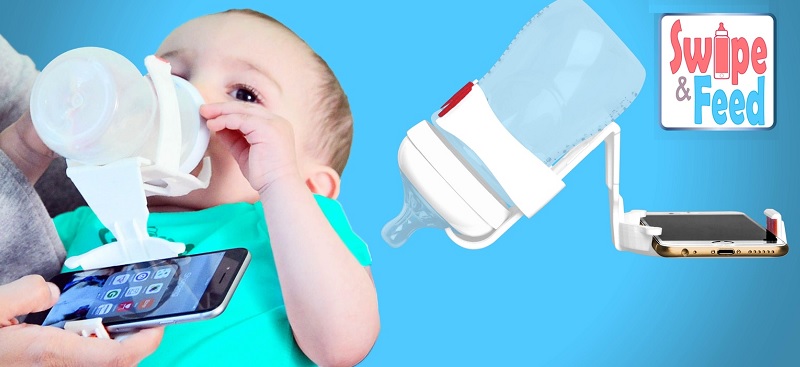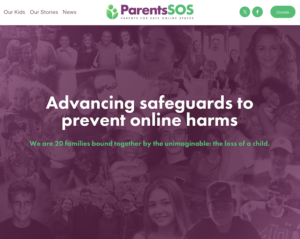The evening meal is traditionally recognized as a social occasion involving family members, a table/chairs, and a home cooked dinner. When I was a child, dinners involved my two brothers and I suffering through an hour-long event where we had to listen to my father go on and on about work issues which were totally unrelated to us. I did though look forward to our family dinner ritual where each of us got to relay one good thing and one bad thing that happened to us that day…and we weren’t allowed to interrupt! Looking back now I realized how incredibly formative our dinners were in helping me learn how to listen, wait my turn, and regulate my behavior to fit into the social unit we call a family.
Fast forward to today’s hectic lives where meals are haphazard and fast paced, and often paired with screens. While at first glace this may be the ‘new normal’, use of screens at meals when combined with distracted parenting is causing significant safety issues. Neonatal Intensive Care units are reporting rising rates of aspiration from babies being bottle or breast fed while parents are attending to their phones, termed “brexting”. Toddlers are failing to reach important emotional and social developmental milestones by being conditioned to eat and use the poddy while watching You Tube cartoons. Unable to self-regulate their behavior without a device will negatively impact these children the rest of their lives. As children are increasingly allowed to use screens during meals, they are eating more food and eat for longer durations, contributing to already rising levels of obesity and diabetes. As food content choice in both children and teens is driven by TV commercials which push high carb and low nutrition, general health declines. Brain development theory states “neurons that fire together wire together’ meaning that when we pair food with screens, the brain becomes conditioned to eat while watching TV or alternatively turn on a screen while eating.
What used to be a family event marked by social interactions, eating is now an ‘asocial’ episode performed in isolation. Humans are “pack” animals who develop optimally within their packs and don’t do well when isolated. There are many hazards to infants whose parents are on their phones during breast or bottle feeding, but the biggest worry is that this is a salient time for establishing a life sustaining bond. From birth (and even in utero) the infant’s “job” is to attach to their parents. Secure attachment between child and parent is a life force which ensures survival. When a parent is distracted by screens, the infant is tasked with working very hard to establish attachment, often resulting in what is termed anxious or disorganized attachment. Failure of primary attachment plays out in many ways and can eventually result in mental illness as a child, youth or adult. Competing with cell phones and tablets, children are struggling in their attempts to get their parent’s undivided and nourishing attention. The Still Face Experiment video demonstrates of the effect of parental inattention on child well being, which illustrates what happens whenever a parent looks away from a child at their screen.
Eating together as a family without screens, not only nourishes children’s bodies but also feeds their souls. So parents…please put down the phone and pick up your child. Your job as a parent will only get easier.
Jenifer Joy Madden author of The Durable Human has produced this video which shows a trying to get attention and why mealtimes should be screen free: Be There to Feed Your Baby Broccoli. Video by DurableHuman.com.
This article was written by Cris Rowan who is passionate about changing the ways in which children use technology. Cris is a pediatric occupational therapist, biologist, international speaker and author of the book “Virtual Child”. Cris can be reached at info@zonein.ca. Additional information and Fact Sheet can be found on her website www.zonein.ca and blog www.movingtolearn.ca.




